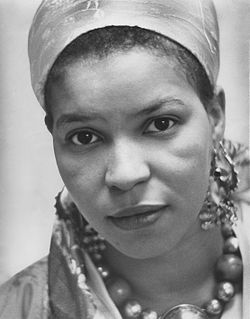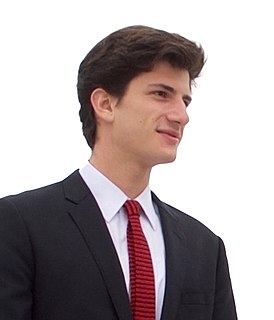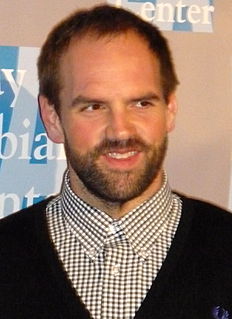A Quote by Judy Blume
When I started to write, it was the '70s, and throughout that decade, we didn't have any problems with book challenges or censorship.
Quote Topics
Related Quotes
I often put any project I write in a different decade just to roll the thought around in my head. There's a thriller I've written that I think would be nice to set in the '70s or '80s, just to take cell phones away from the movie. There's nothing like the piercing ring of an old-school telephone to really scare an audience.
I believe that, more than anything else, this grief of constantly having to face down our own inadequacies is what keeps people from being writers. Forgiveness, therefore, is key. I can't write the book I want to write, but I can and will write the book I am capable of writing. Again and again throughout the course of my life I will forgive myself.
You have to surrender to your mediocrity, and just write. Because it's hard, really hard, to write even a crappy book. But it's better to write a book that kind of sucks rather than no book at all, as you wait around to magically become Faulkner. No one is going to write your book for you and you can't write anybody's book but your own.



































